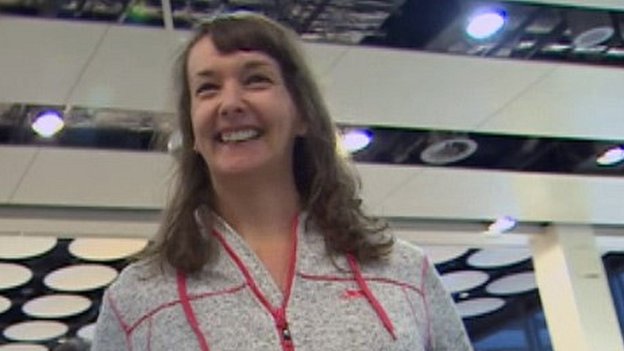
Nurse Pauline Cafferkey, the U.K.’s first Ebola patient, is now in critical condition at the Royal Free Hospital in London, where she is being treated with two experimental treatments for the disease.
A British nurse being treated for Ebola in London is in critical condition after deteriorating over the last two days, her hospital said on Saturday.
In a statement, the Royal Free Hospital said it was “sorry to announce that the condition of Pauline Cafferkey has gradually deteriorated over the past two days and is now critical.”
Doctors at the hospital have been treating Cafferkey, 39, with blood plasma from an Ebola survivor and an experimental anti-viral drug.
She was diagnosed with Ebola on Monday after returning to Britain late on Sunday from Sierra Leone, where she had been working for the charity Save the Children at a treatment center outside the capital, Freetown.
Cafferkey is the first person to have been diagnosed with Ebola on British soil. The West African Ebola outbreak was first identified in Guinea’s remote southeast in early 2014. Guinea, Sierra Leone and Liberia have borne the brunt of the more than 20,000 infections and nearly 8,000 dead.
The Royal Free, Britain’s main center for Ebola cases, successfully treated British aid worker William Pooley with the experimental drug ZMapp after he was flown back to Britain in August.
The hospital has not specified which drug Cafferkey is being treated with, but said no supplies of ZMapp were available.
On Wednesday, the hospital had said Cafferkey was sitting up in bed, talking and reading. But a doctor treating her warned at the time that the course of the disease could be unpredictable.
Ebola is transmitted through bodily fluids, and the hospital said it was treating Cafferkey inside a specially designed tent around her bed with controlled ventilation to reduce the risk of further infections.
